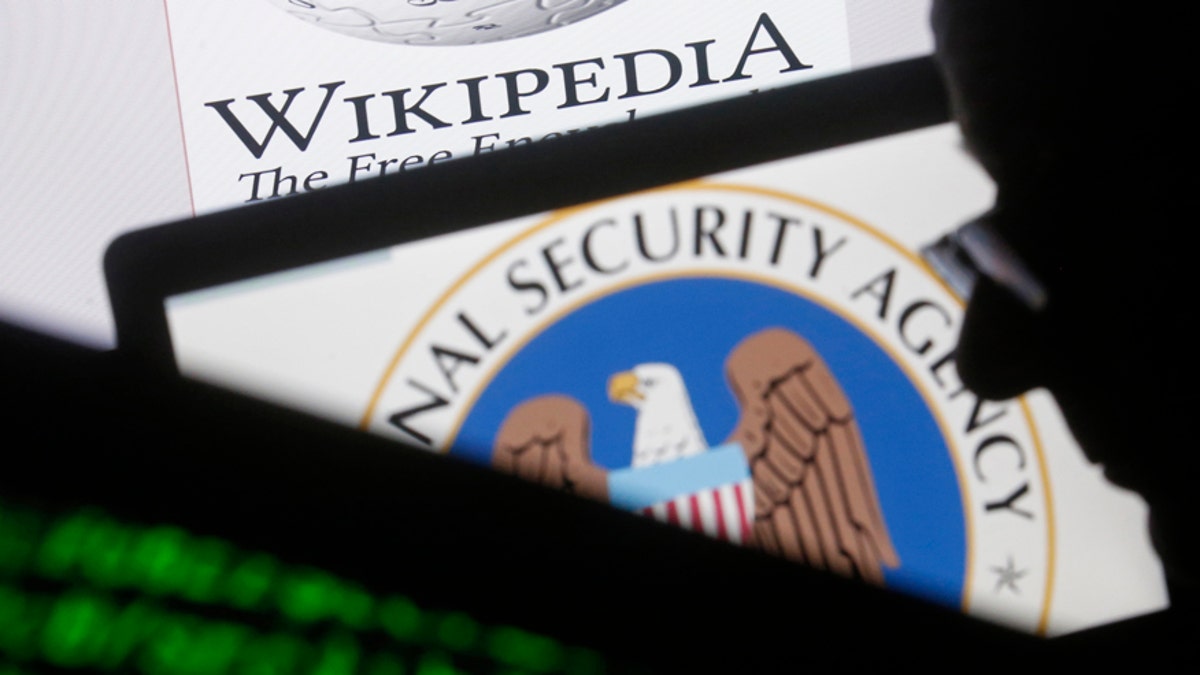
Photo illustration. (REUTERS/Dado Ruvic)
The Wikimedia Foundation filed suit against the National Security Agency (NSA) and the U.S. Department of Justice (DOJ) earlier today, announcing the lawsuit on its blog. The lawsuit challenges the NSA’s mass surveillance program, alleging that the agency’s broad monitoring of Internet traffic violates the freedoms that U.S. citizens are granted under the First and Fourth Amendments. Here’s a quick summary of the full complaint, which can be seen here.
“This lawsuit challenges the suspicionless seizure and searching of Internet traffic by the National Security Agency (NSA) on U.S. soil. The NSA conducts this surveillance, called ‘Upstream’ surveillance, by tapping directly into the internet backbone inside the United States — the network of high-capacity cables, switches, and routers that today carry vast numbers of Americans’ communications with each other and with the rest of the world,” the complaint states.
Related: The NSA has hacked your phone — Here’s what you can do
During its surveillance, the NSA seizes “Americans’ communications en masse while they are in transit,” to a search through all the texts and other communications “for tens of thousands of search items,” Wikimedia says, adding that some of the communications were international.
As such, Wikimedia concluded that “the surveillance exceeds the scope of the authority that Congress provided in the FISA Amendments Act of 2008 (FAA) and violates the First and Fourth Amendments. Because it is predicated on programmatic surveillance orders issued by the Foreign Intelligence Surveillance Court (FISC) in the absence of any case or controversy, the surveillance also violates Article III of the Constitution,” and decided to sue those responsible for the surveillance programs.
Wikimedia is joined by eight other organizations, and will be represented by the American Civil Liberties Union. “We’re filing suit today on behalf of our readers and editors everywhere,” said Wikipedia founder Jimmy Wales. “Surveillance erodes the original promise of the Internet: an open space for collaboration and experimentation, and a place free from fear.”
We’ll update this post with new developments as the case progresses, so be sure to circle back.
